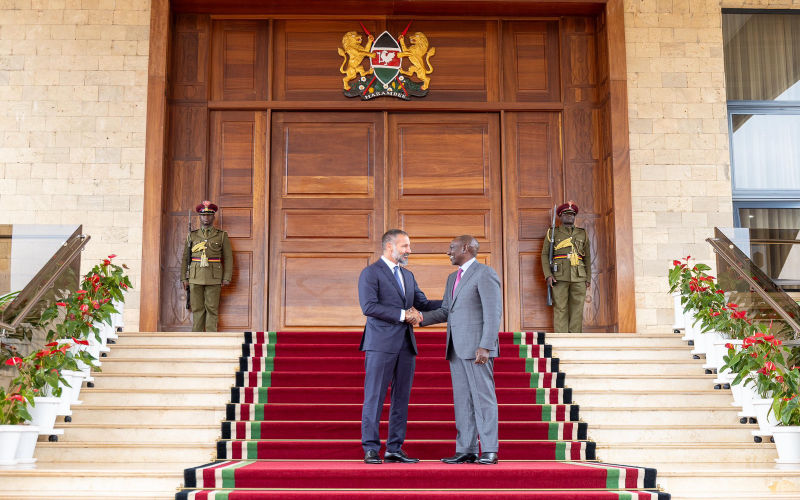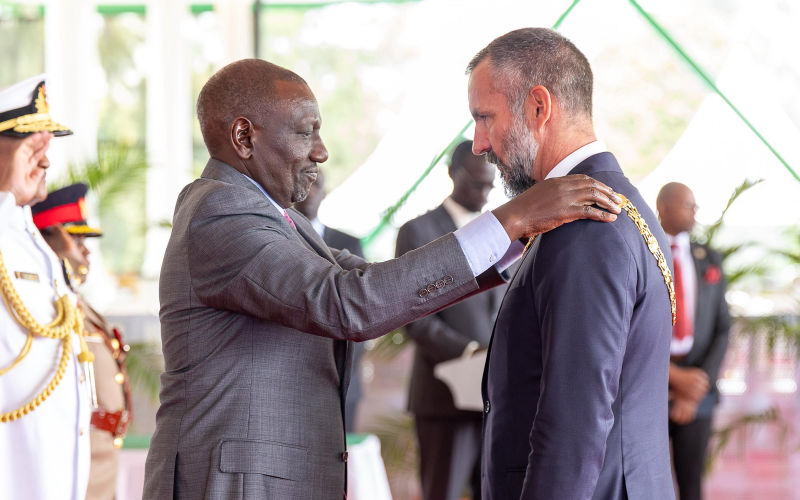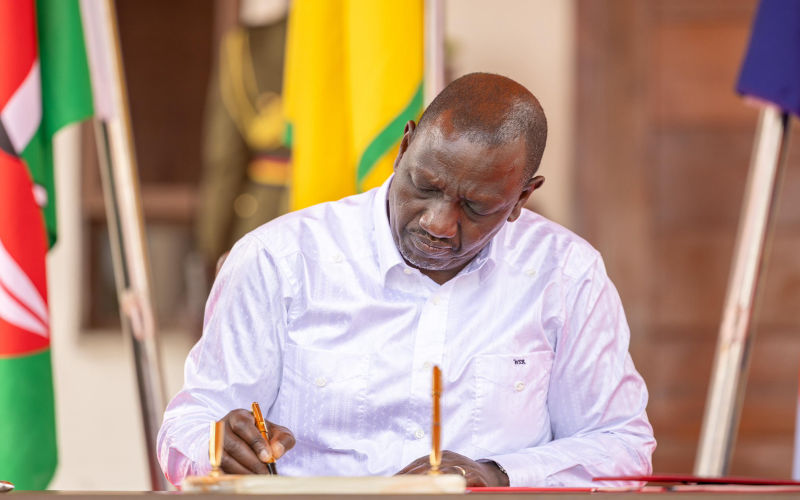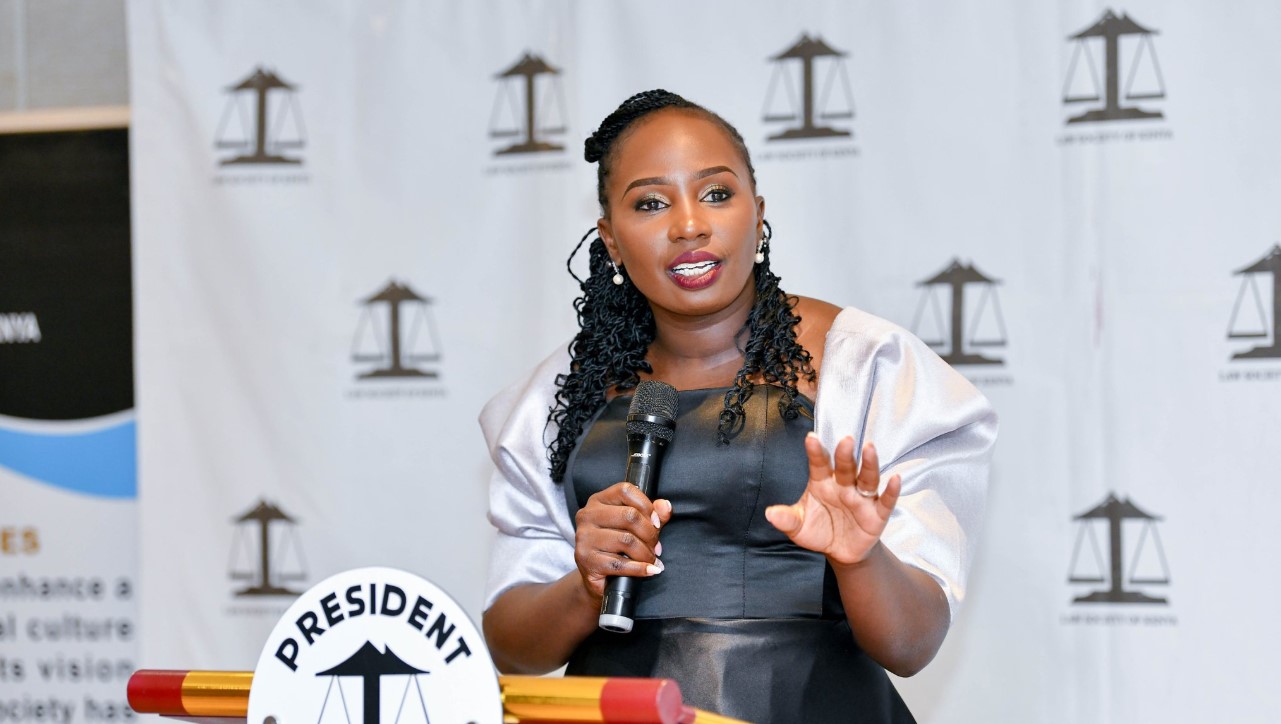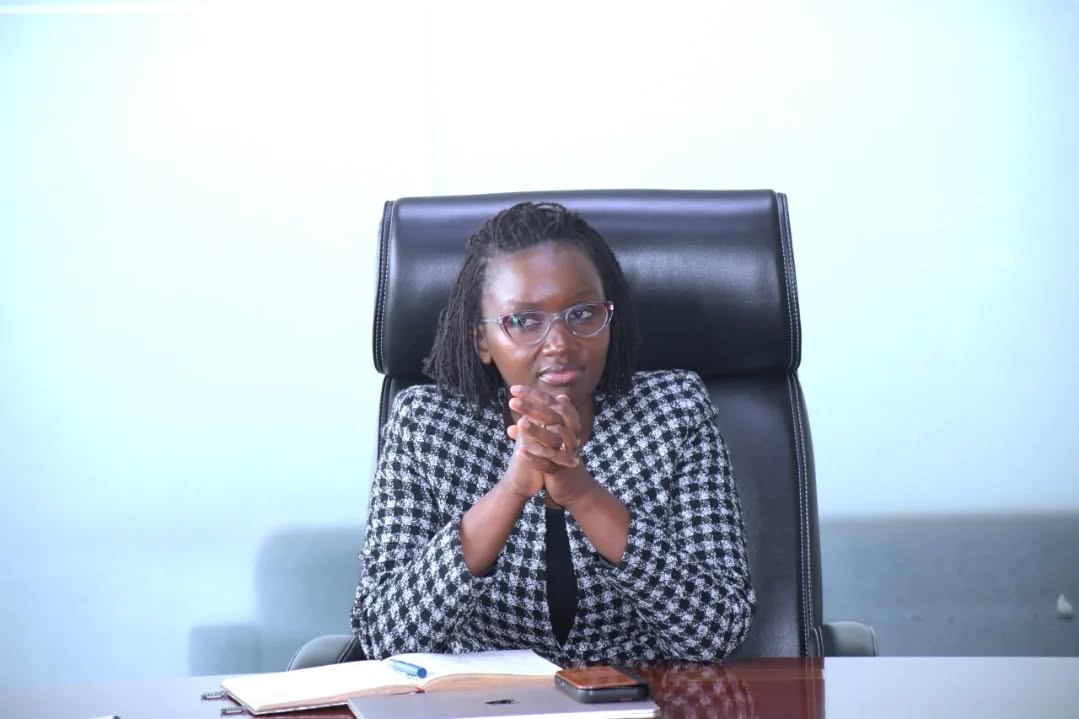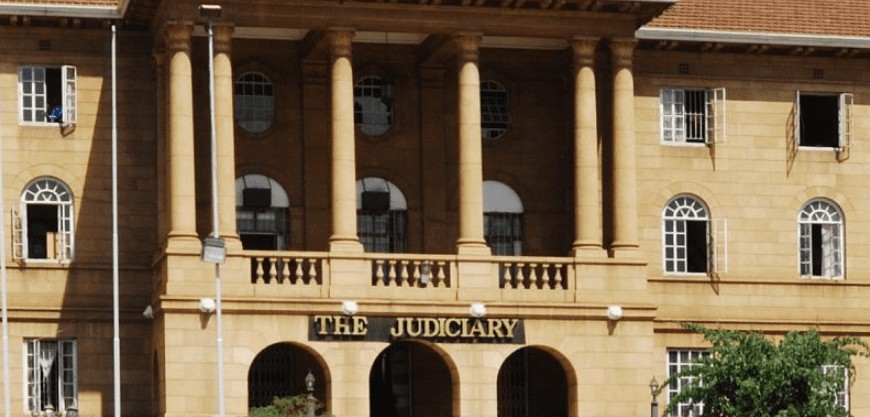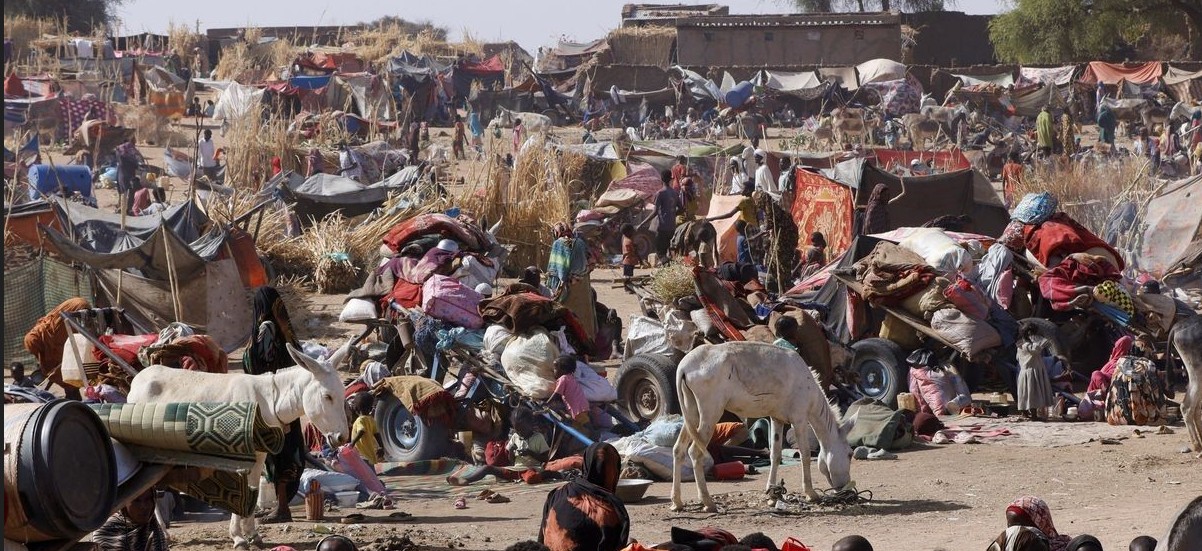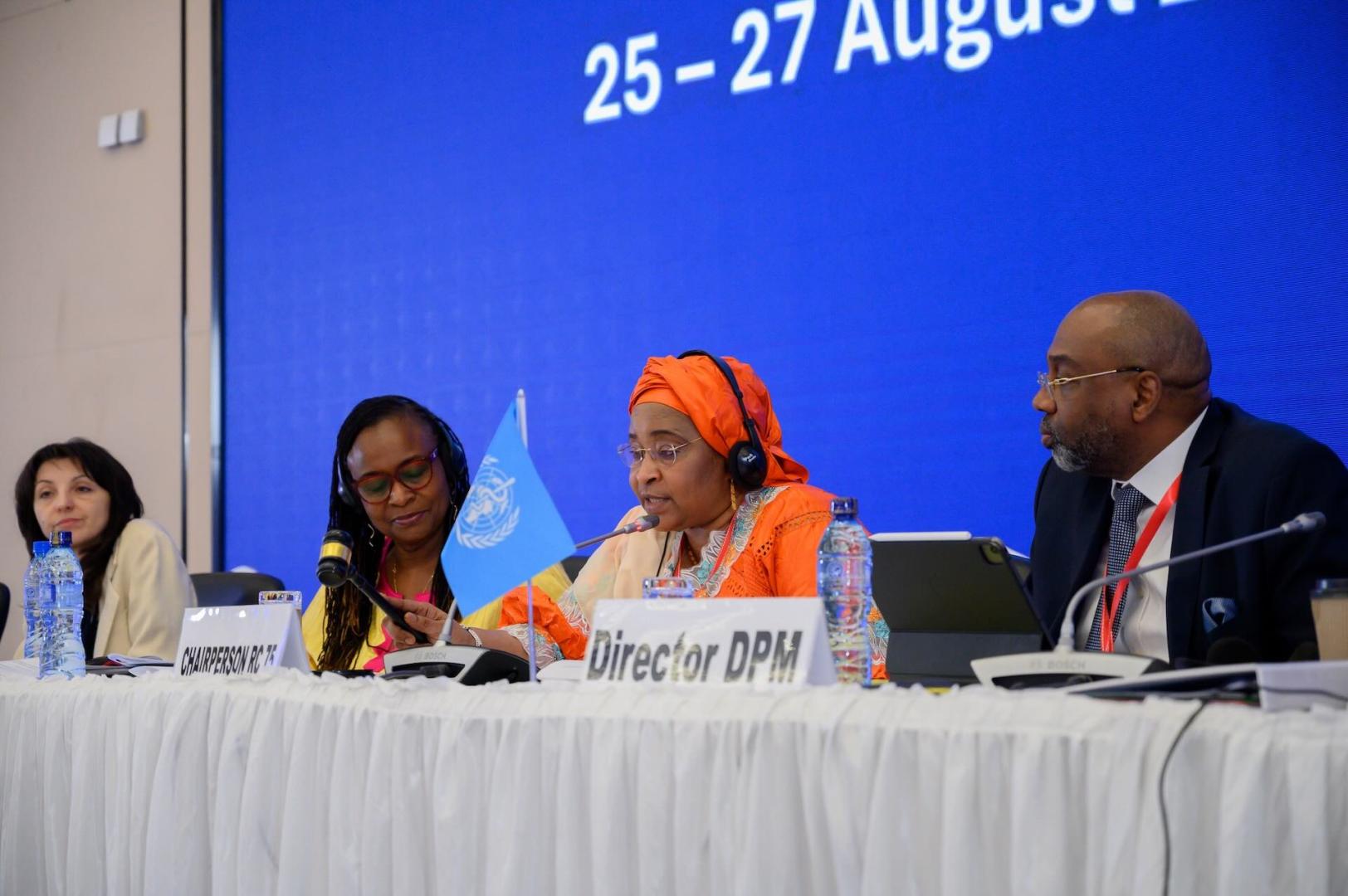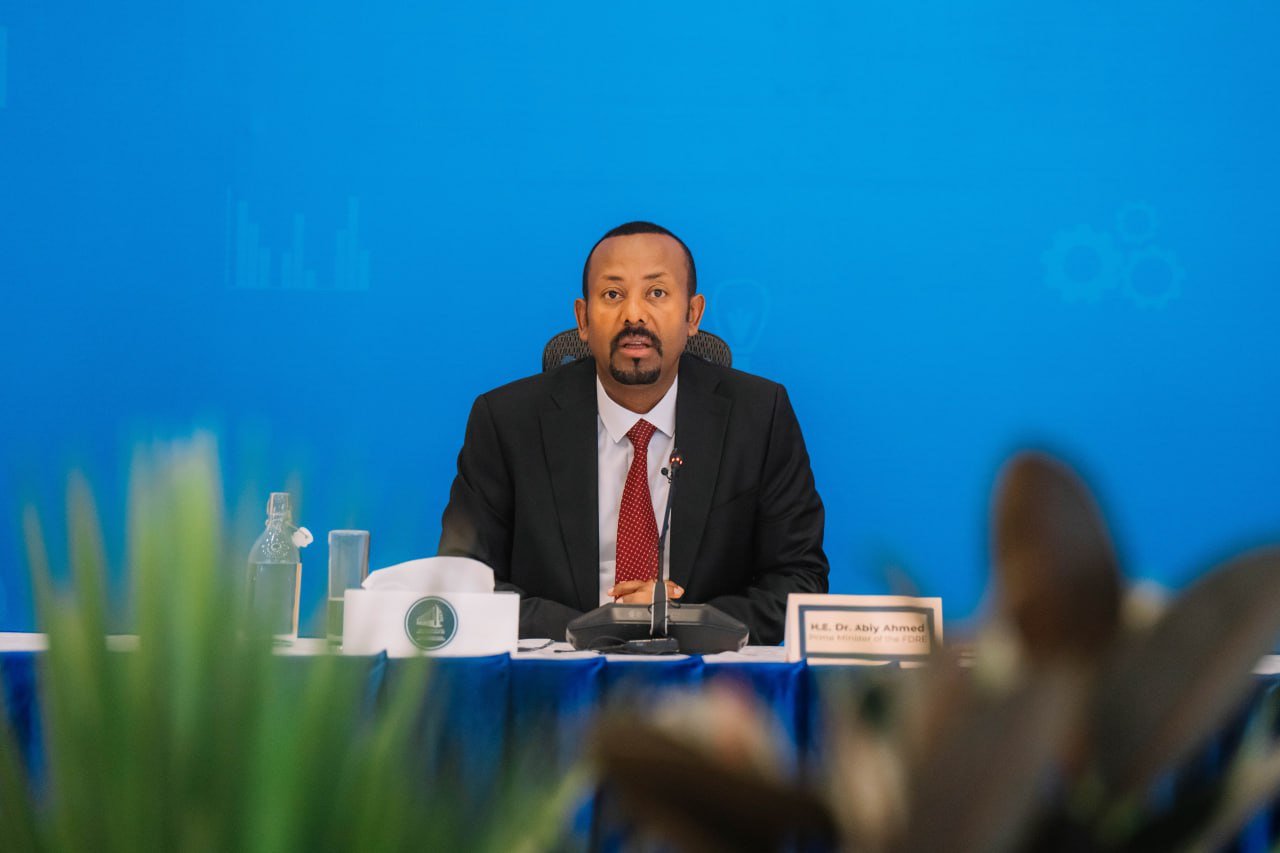Mbadi urges State agencies to prioritise PPPs in project planning
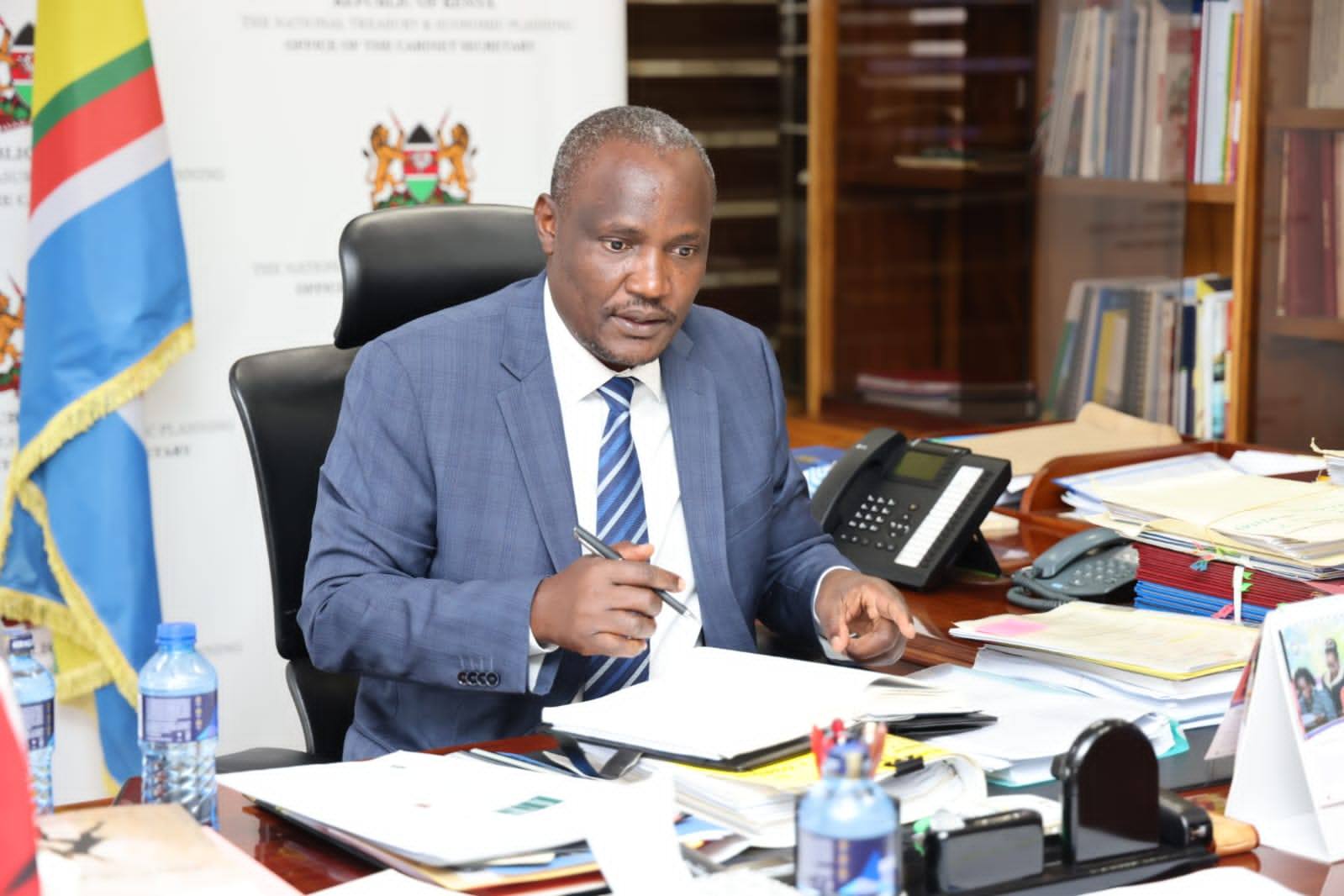
Treasury Cabinet Secretary John Mbadi highlighted that Kenya’s limited fiscal space requires a shift from fully government-funded projects to innovative financing models.
State agencies have been urged to make public-private partnerships (PPPs) their first option when planning projects, as Treasury Cabinet Secretary John Mbadi warned that no funds will be released for initiatives that can attract private investment.
He also stressed that all budget requests must be backed by clear evidence of public participation to ensure inclusive decision-making.
More To Read
- Kenya eyes TDB loan to clear Sh51.6 billion debt due September
- Mbadi gives counties 30 days to integrate payrolls with IPPD
- Court declines to hear nomination of Harold Kipchumba as Mbadi's replacement
- Government targets land sale to settle Kenya Railways pension arrears
- Treasury rules out Sh200,000 honorarium for former councillors, proposes Inua Jamii support
- Kenya's retail and hospitality sectors slow as consumers cut spending in 2025
Speaking in Nairobi on Monday during the launch of the 2026-2027 and medium-term budget preparation process, Mbadi highlighted that Kenya’s limited fiscal space requires a shift from fully government-funded projects to innovative financing models.
PPPs, he said, provide a sustainable way to deliver infrastructure while reducing pressure on the national budget.
“I want MDAs to embrace PPPs. Before you ask us for extra budgetary allocations, exhaust the possibility of raising funds through PPP, especially for commercially viable projects,” he said.
The CS pointed to the Rironi–Mau Summit Highway and the Galana Kulalu project, which are already running under PPP arrangements, as examples of how private partnerships can support major development initiatives.
He called on county governments to also identify projects suitable for private investment.
“I want to encourage all the MDAs, including county governments, to come up with projects that can be funded through PPP,” he added.
Mbadi emphasised that public participation will be a critical condition for approval of any budget request. Agencies must actively engage stakeholders and ensure their views are incorporated into project planning.
“All your requests (MDAs) should be subjected to the test (public participation). If you are not conducting public participation, I am sorry, you may not get the resources you are requesting from the National Treasury,” he said.
The 2026-2027 budget aims to collect Sh3.4 trillion in ordinary revenue, slightly above the Sh3.3 trillion expected in the current year, representing 17.7 per cent of gross domestic product.
Treasury Principal Secretary Chris Kiptoo highlighted that government-funded development projects have declined sharply, dropping to 9.2 per cent of the budget. He noted that much of the revenue is being used to service loans and pensions, leaving little room for fully government-financed initiatives.
“Government-funded development projects have declined. Now, instead of the 21 per cent we used to enjoy, only 9.2 per cent of our budget is going to development,” he said.
Kiptoo added, “Interest rates and pensions are taking up 48.5 per cent of ordinary revenue,” compared to 16 per cent in 2013, underscoring the need for PPPs to sustain major development projects.
Top Stories Today


